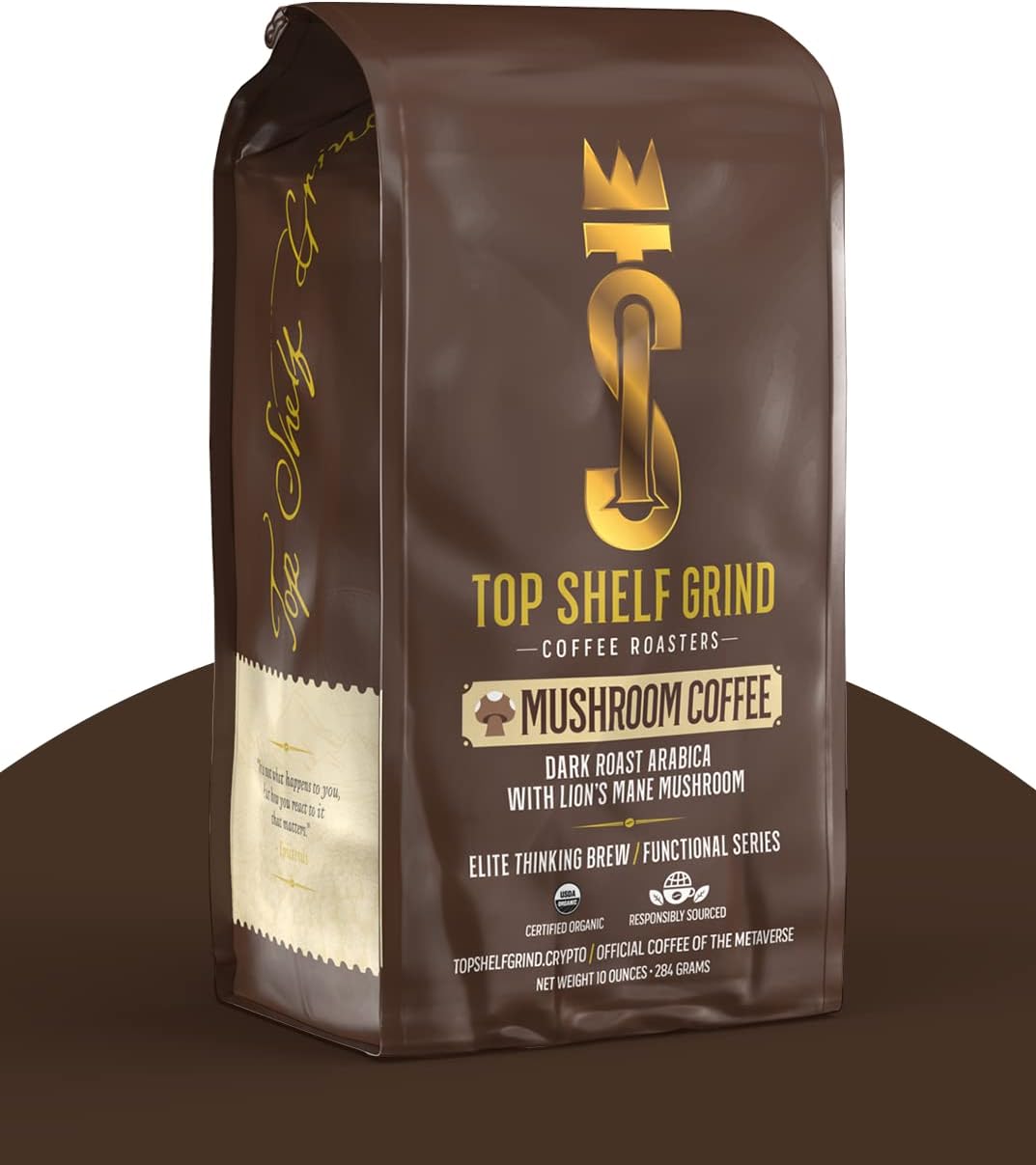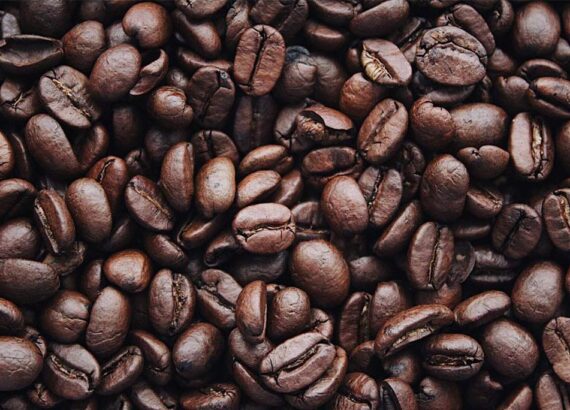Coffee Addiction – Fact or Fiction?

The consumption of coffee has always been under question if it causes dependence or not. This has encouraged science to conduct more studies, as coffee still has undiscovered substances in its composition.
With over 1000 substances in its structure, coffee beans after roasting lose more than half of these substances. However, the most significant quantity found in coffee bean composition is caffeine, which is considered a stimulant.
Other substances that coffee contains in enough quantities to affect the body are antioxidants, fats, oils, minerals, and water.
These ingredients are not considered sources of dependence, with caffeine being the main source that stimulates the body differently.
What is caffeine?
Caffeine is a stimulant of the central nervous system found naturally in many plants such as green, black, and white tea leaves, cocoa beans, and coffee. It can also be produced artificially and added to drinks such as energy drinks.
- Ground Dark Roast Organic Lions Mane Coffee for Super Human Focus
About this Item
- STIMULATE CREATIVITY, MOTIVATION & CONCENTRATION
- SUPERCHARGE COGNITION
- HEALTH CONSCIOUS BREW
- TOP SHELF RISK-FREE GUARANTEE
| Flavor | Mushroom Coffee |
| Brand | Join Top Shelf Grind |
| Item Form | Ground |
| Caffeine Content | caffeinated |
| Specialty | Usda Organic |
Caffeine as a substance is still classified in the category of light drugs and is often compared to cocaine. Both belong to the family of alkaloids and have similar effects on the central nervous system.
The difference between them is quite significant, with cocaine being approximately 20 times stronger in stimuli than caffeine.
Coffee dependence
Dependence can be viewed from several perspectives to be considered a concrete fact.
Physical
From this perspective, you can see the influence that caffeine has on the body. It stimulates the central nervous system, which consists of the brain and spinal cord.
Practically, caffeine stimulates the whole body causing energy and alertness with the help of adrenaline (the stress hormone). This stimulation, if not produced naturally by the body, can cause dependence.
This type of dependence is often associated with the sensations that athletes seek in extreme activities, specifically adrenaline dependence in the body.
About this Item
- Includes 8 (14oz) bottles
- espresso swirled with creamy milk and vanilla flavor
- flavors: Vanilla Latte and Caramel Macchiato
| Brand | Starbucks |
| Item Form | Iced Caffè Latte |
| Flavor | Vanilla Latte |
| Caffeine Content | Caffeinated |
Psychic
Regularly consumed coffee can become an uncontrolled habit. Psychologically, a dependence on smell and taste can be created, which the brain associates with certain activities such as waking up or taking breaks.
We often operate on autopilot due to habits created through repetition, and when our body associates an activity with a habit, it often demands to execute the associated habit when repeating the activity.
Many of us associate waking up in the morning with coffee or breaks with a well-deserved cup. And this association that our brain makes can create a dependence on a cup of coffee when we perform the respective habit.
Adverse Effects of Coffee
Moderate caffeine consumption has its benefits, supported by numerous studies. On the other hand, excessive consumption can also have disadvantages or even adverse effects. Here are some of them:
- Anxiety
- Headache
- Irritability
- Difficulty focusing
- Sudden mood swings
Myths about caffeine
Caffeine causes insomnia.
There has been the idea for a long time that a cup of coffee causes insomnia. However, studies have shown that caffeine is processed in the body within a period of 3-6 hours and completely eliminated.
Coffee is processed by the liver, so 1-2 cups during the day will not affect sleep. However, because it takes a few hours to be eliminated from the body, it is not recommended to consume it before bedtime.
Caffeine dehydrates.
Caffeine itself does not have a dehydrating effect on the body. What it does is that it has a diuretic effect, helping the body to eliminate liquids, which can lead to dehydration.
Caffeine helps you wake up from a hangover.
It is a myth that a cup of coffee helps after excessive alcohol consumption. Caffeine and alcohol stimulate the brain differently and in different parts.
It is only a psychological effect, but in reality, the brain is stimulated in different parts, in a totally different way by the two substances.
Caffeine mean coffee
The most commonly encountered myth is that when we refer to caffeine, it automatically means coffee, but caffeine is a substance that can be found in other plants as well.
Green tea is another important source of caffeine, with a cup of 250 ml having 30 mg of caffeine compared to that amount of coffee containing around 50 mg.
Another source of caffeine is chocolate, 100 grams of dark chocolate containing 43 grams of caffeine. Its effects are the same regardless of the source of consumption.
Caffeine and coffee are two different substances.
It is often encountered that there are two substances, caffeine and coffee. This is a myth, the difference between the two is only the dialect from which the word comes. Caffeine comes from the word coffee, while caffeine comes from the word cafea / cafe.
Conclusion
Analyzing from different perspectives, coffee can cause dependence. However, moderate consumption has its benefits, and each organism is unique and reacts differently to stimuli, so caution is recommended when it comes to consuming in large quantities.















